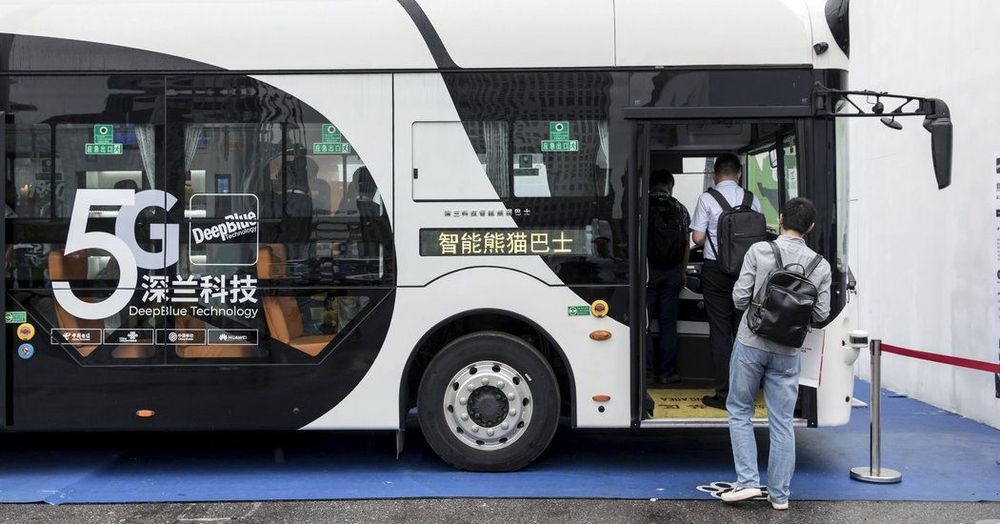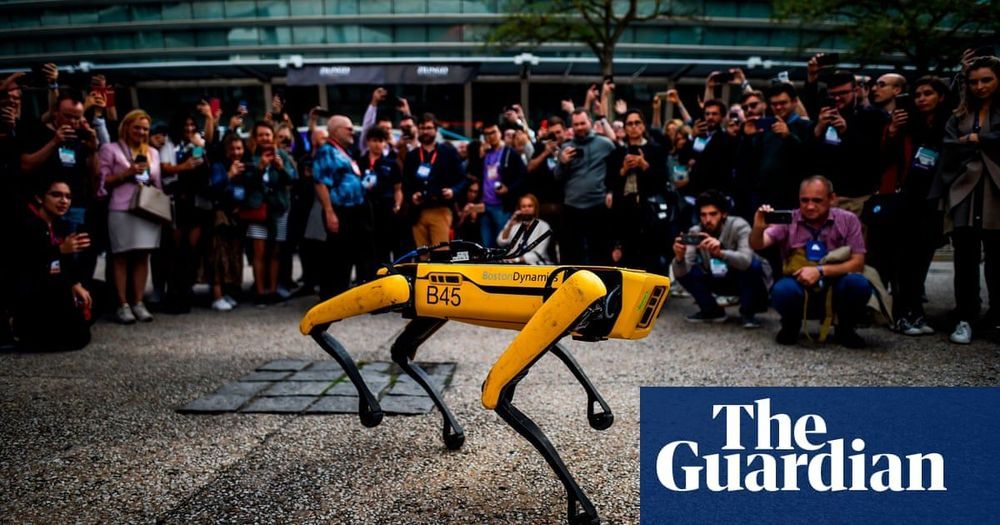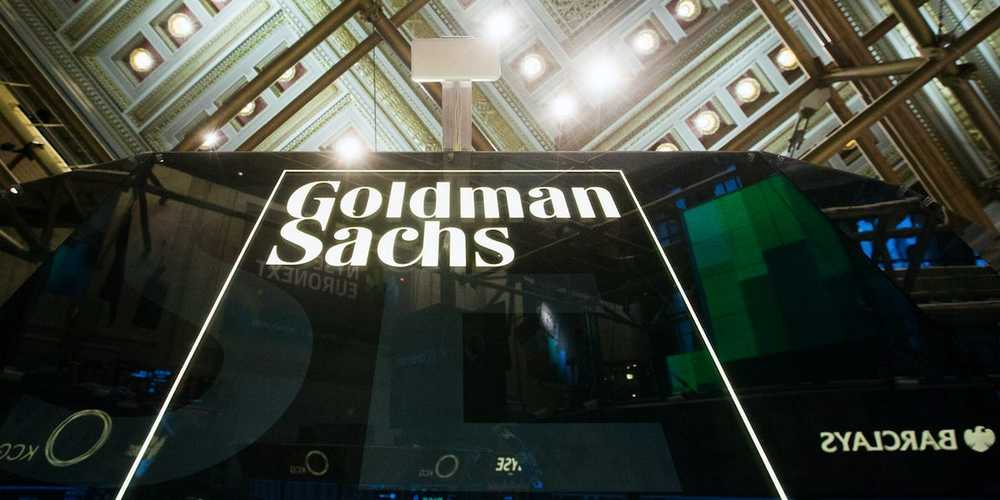Let’s develop a public research consortium to take on useful projects that have no commercial prospects.



OpenAI’s text generator, machine learning-powered—so powerful that it was thought too dangerous to release to the public, has, guess what, been released.
OpenAI published a blog post announcing its decision to release the algorithm in full as it has “seen no strong evidence of misuse so far.”
Well, that was a turnaround.


Each one weighs about 20 pounds (or nine kilograms), is powered by 12 electrical motors, and can reach speeds of around six miles per hour (or 2.5 meters per second). As you can see in the video, they’re all being steered manually using what look like RC controllers.
Speaking to IEEE Spectrum earlier this year, Sangbae Kim, director of MIT’s biomimetics lab, said the bots are being used to research various problems that require a bit of ruggedness and flexibility. Their modular design lets scientists swap in new parts if they break, and their tough build can survive crashes and bangs.
“Mini Cheetah is just about the perfect size. Twenty pounds (9 kilograms) is not too small but not so big that it’s dangerous or fragile,” said Sangbae. “We designed the machine to be able to absorb the impacts, jumping and landing and so on.”

ROCHESTER, Minn. — A Mayo Clinic study finds that applying artificial intelligence (AI) to a widely available, inexpensive test – the electrocardiogram (EKG) – results in a simple, affordable early indicator of asymptomatic left ventricular dysfunction, which is a precursor to heart failure. The research team found that the AI/EKG test accuracy compares favorably with other common screening tests, such as mammography for breast cancer. The findings were published in Nature Medicine.
Asymptomatic left ventricular dysfunction is characterized by the presence of a weak heart pump with a risk of overt heart failure. It affects 7 million Americans, and is associated with reduced quality of life and longevity. But asymptomatic left ventricular dysfunction is treatable when identified.


Ironically #AI has been proven to develop racial and gender bias. Gee, I wonder why?
For the second year in a row, more than a dozen AI researchers from African countries have been denied visas to a major AI conference in Canada.
Canada’s decision to refuse visas to African AI researchers seems ham-fisted, given that the country’s tech industry has been the beneficiary, in recent years, of America’s move toward isolationism. In 2017, Trudeau launched a visa program designed to attract high-tech workers—including those who found themselves unable to get into the US—by streamlining Canada’s visa-approval process. The recent decision to block access to NeurIPS for a diverse pool of talent appears to be a step in the opposite direction.
“It seems crazy,” says Joshua Gans, a professor at Toronto University’s Rotman School of Business who studies the impact of AI on innovation and economic growth. “What is the worst that happens? The scientists come here, stay here, and develop their AI here rather than in Africa?”\
Mathieu Genest, a press spokesperson for Citizenship and Immigration Canada, sent a statement that says the rules outlined by Canada’s Immigration and Refugee Protection Act (IRPA) apply “to everyone, regardless of nationality.” The statement adds that the department did receive the names of NeurIPS attendees who would apply for visas, which were shared with visa officers. And it says people can reapply, but should only do so if they have addressed the reasons their application was refused.

If Goldman Sachs’ new tool launches through Marcus, a human-digital hybrid approach would be a wise choice.
Goldman Sachs created a market-ready robo advisor and is mulling how to launch it, Financial Planning reports. The automated platform will represent Goldman’s digital entry into the smaller investor market, per Rachel Schnoll — who recently became the head of Goldman’s FinLife CX RIA platform — as cited by Financial Planning. The new robo advisor may be built in part on algorithms that Goldman acquired from financial life management firm United Capital, when it acquired the company for $750 million in May.
The new robo advisor could be introduced to the market via Goldman’s Marcus segment — here’s why it would be a good match. Goldman could extend a portion of the personal touch it brings to its Private Wealth Management clients to Marcus clients by offering them financial advice via the new robo advisor.
This could help elevate the bank’s play to target more retail banking customers, and could make up for the fact that the high interest rate Marcus boasts slipped from 2.25% to 1.9% since July. But Marcus isn’t the only potential route to market: Goldman is also considering launching its robo tech to financial advisors on the United Capital platform, per Schnoll.
A UCLA research team has devised a technique that extends the capabilities of fluorescence microscopy, which allows scientists to precisely label parts of living cells and tissue with dyes that glow under special lighting. The researchers use artificial intelligence to turn two-dimensional images into stacks of virtual three-dimensional slices showing activity inside organisms.
In a study published in Nature Methods, the scientists also reported that their framework, called “Deep-Z,” was able to fix errors or aberrations in images, such as when a sample is tilted or curved. Further, they demonstrated that the system could take 2-D images from one type of microscope and virtually create 3D images of the sample as if they were obtained by another, more advanced microscope.
“This is a very powerful new method that is enabled by deep learning to perform 3D imaging of live specimens, with the least exposure to light, which can be toxic to samples,” said senior author Aydogan Ozcan, UCLA chancellor’s professor of electrical and computer engineering and associate director of the California NanoSystems Institute at UCLA.